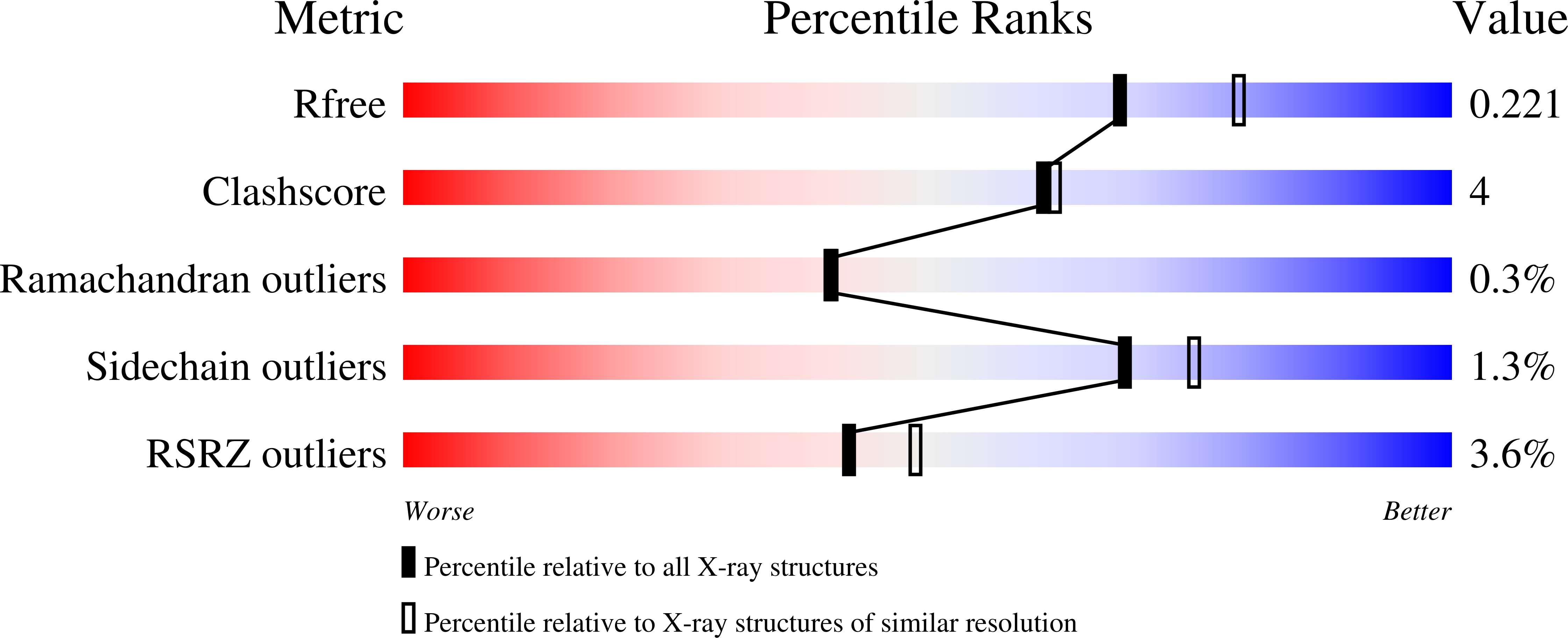
Deposition Date
2019-12-05
Release Date
2020-04-22
Last Version Date
2024-11-20
Entry Detail
PDB ID:
6V6O
Keywords:
Title:
EGFR(T790M/V948R) in complex with LN2380
Biological Source:
Source Organism:
Homo sapiens (Taxon ID: 9606)
Host Organism:
Method Details:
Experimental Method:
Resolution:
2.10 Å
R-Value Free:
0.22
R-Value Work:
0.19
R-Value Observed:
0.19
Space Group:
P 1 21 1


